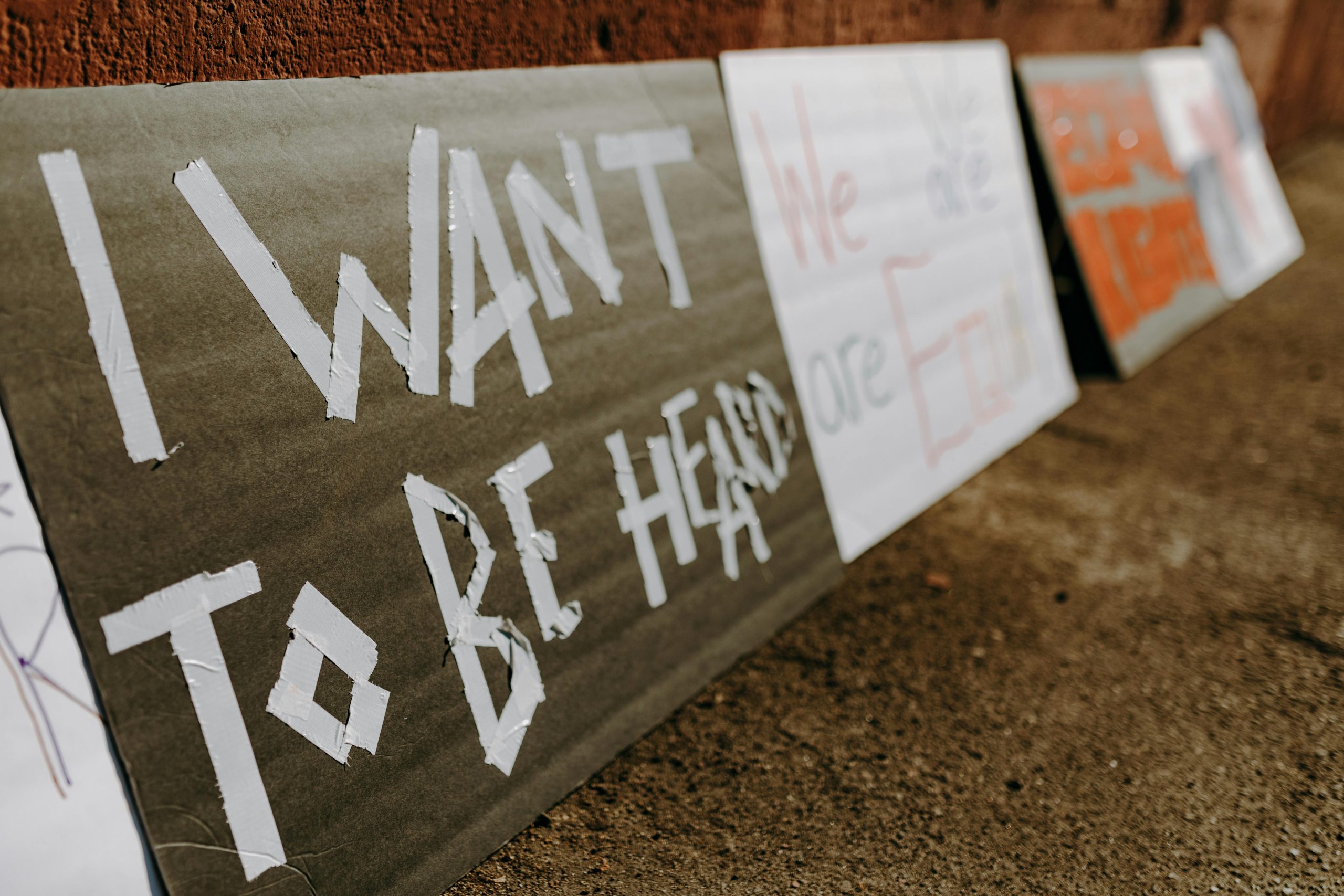Navigating the Ethics of Parental Advocacy in Public Education
As parents, especially those with children facing unique educational needs, we often confront complex ethical questions about how best to ensure our kids receive a quality education. A common dilemma is whether it is more socially equitable to work within the public school system to improve it for all children or to allocate personal resources toward private options to better meet individual needs.
The Philosophical Debate: Public Versus Private Resources
From a broader perspective, one might ask: is it more ethical for families to advocate vigorously for their child’s right to a free and appropriate public education—sometimes even pursuing legal action—rather than supplementing or replacing that education with private resources? Public educators often grapple with this question, pondering the implications of parents choosing to sue school districts or push for systemic change.
On one side, critics argue that diverting funds to support a single child’s accommodations or legal battles can inadvertently reduce resources available for other students. Excessive legal contention may also strain district budgets and divert attention from ongoing improvements. Conversely, advocates contend that parental efforts—whether through legal channels or advocacy—can catalyze systemic betterment, ultimately benefiting the entire student body, especially when public education hasn’t sufficiently met a child’s complex needs.
The Value and Limitations of Public Education
Public schooling is a foundational societal value. Many parents believe that if it is possible for their child to thrive within the public system, they have a moral obligation to help make that a reality. This approach not only supports their child but also helps sustain and strengthen the public education system, ensuring it remains inclusive and capable of serving all children.
However, it’s vital to recognize that each child’s needs are unique. For some, especially those with complex learning or health conditions, the standard classroom setting can present significant challenges. In such cases, relying solely on public resources may not be feasible or fair to the child’s well-being. For these families, exploring alternative avenues—including personalized resources or private education—becomes a necessary part of advocating for their child’s best interests.
Putting Children First
Ultimately, at the core of this debate is the recognition that children are individuals deserving of tailored support. While systemic improvements are essential, they should not come at the expense of a child’s immediate needs. Balancing advocacy for systemic change with direct support for individual children is a nuanced process—one that requires careful consideration of ethical principles, resource implications, and the child’s best interests.
As families prepare to navigate the public education landscape—especially those
